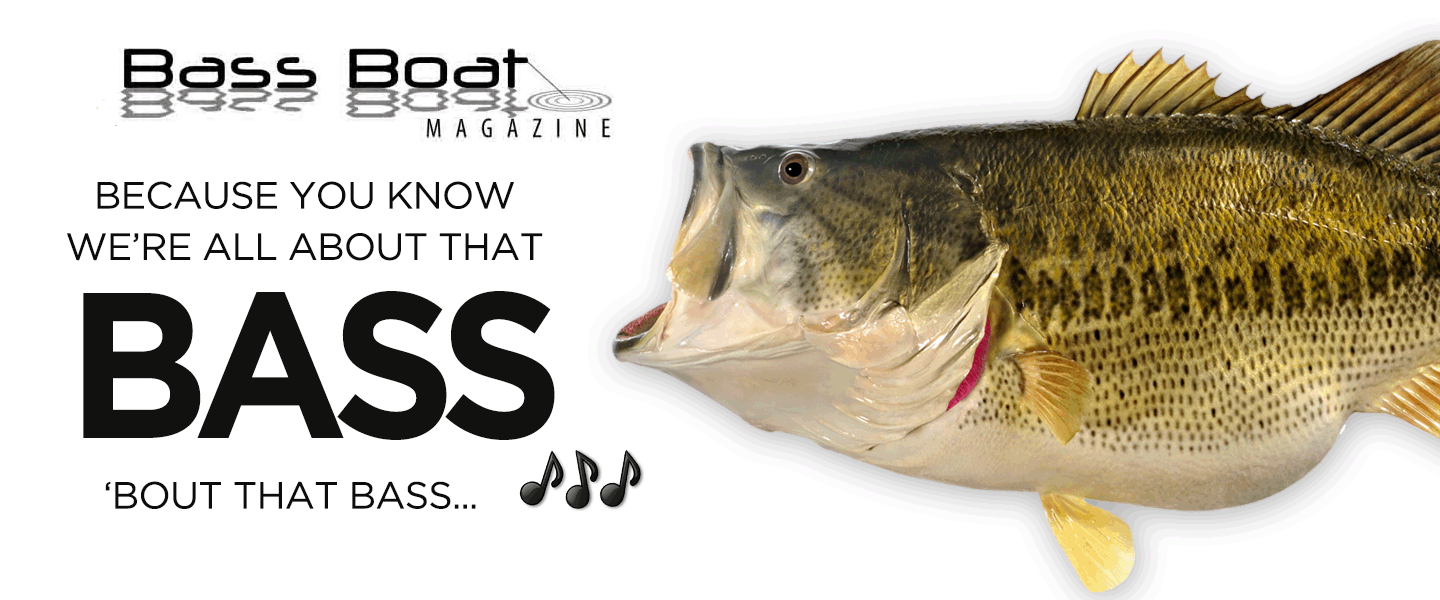Information provided by NSW Maritime
Hypothermia: Cold Water Kills
Boaters have a greater exposure to the elements than most and boating in the cooler weather means a higher risk of developing hypothermia from wind-chill, capsize and damp and wet clothes.
Hypothermia is the effect of heat loss from the body.
Immersion in cold water causes the body to lose heat up to 25 times faster than normal and the shock of sudden immersion in cold water can be a serious threat to survivors of accidents, especially people who are older, unfit or under stress from falling overboard or abandoning ship.
Precautions
Take precautions, always remember:

</TD><TD>

</TD></TR></TBODY></TABLE>
Immersion in cold water can quickly affect the brain. This creates a dangerous situation because a person may not realise they are in danger.
 Obvious signs are:
Obvious signs are:
Treatment of Hypothermia
The aim should be to reduce any further heat loss and try to commence rewarming slowly. Consider the following:
Hypothermia: Cold Water Kills
Boaters have a greater exposure to the elements than most and boating in the cooler weather means a higher risk of developing hypothermia from wind-chill, capsize and damp and wet clothes.
Hypothermia is the effect of heat loss from the body.
Immersion in cold water causes the body to lose heat up to 25 times faster than normal and the shock of sudden immersion in cold water can be a serious threat to survivors of accidents, especially people who are older, unfit or under stress from falling overboard or abandoning ship.
Precautions
Take precautions, always remember:
- The best way to avoid getting hypothermia is not to put yourself in the situation where you have an increased risk of capsize or swamping. That means checking the weather before you go, and throughout the voyage. If in doubt don’t go out.
- To wear warm thermal clothing, including a beanie and add wet weather gear over your warm clothes to provide wind proofing.
- Children and poor swimmers should wear a lifejacket at all times and this goes for everyone if conditions get rough. Wear your lifejacket. This will keep you afloat if you are forced into the water.
- Fit buoyancy to your boat to keep it afloat when capsized. Remain with your craft - this will increase your chances of being located quickly after a capsize or swamping.
- If you are forced into the water, resist the temptation to swim. Swimming increases the amount of body heat loss. It is best to adopt the Heat Escape Lessening Posture (H.E.L.P) or HUDDLE position.
- Boaters should be wary of using gumboots and waders as these make it difficult to swim should you fall into the water.

</TD><TD>

</TD></TR></TBODY></TABLE>
- Alcohol increases the body’s heat loss by increasing the flow of blood to the surface areas of the body where it is quickly dissipated.
- Stay under your designated alcohol limit.
- For recreational vessel operators over 18 years the limit is under .05.
- For commercial vessel operators the limit is under .02.
- A nil alcohol limit is in force for recreational vessel operators under 18 years.
Immersion in cold water can quickly affect the brain. This creates a dangerous situation because a person may not realise they are in danger.

- intense shivering;
- slurred speech;
- confusion;
- slowing pulse; and
- dilated eye pupils.
Treatment of Hypothermia
The aim should be to reduce any further heat loss and try to commence rewarming slowly. Consider the following:
-
Avoid rough handling and exercising of the victim;

- Wet clothing should be removed and dry clothes blankets and other warm materials applied (body heat can also be used);
- Remember to warm the person slowly, never put them close to a fire or in a hot bath;
- If conscious, give warm drinks (never alcohol); and
- Commence artificial respiration if necessary.

